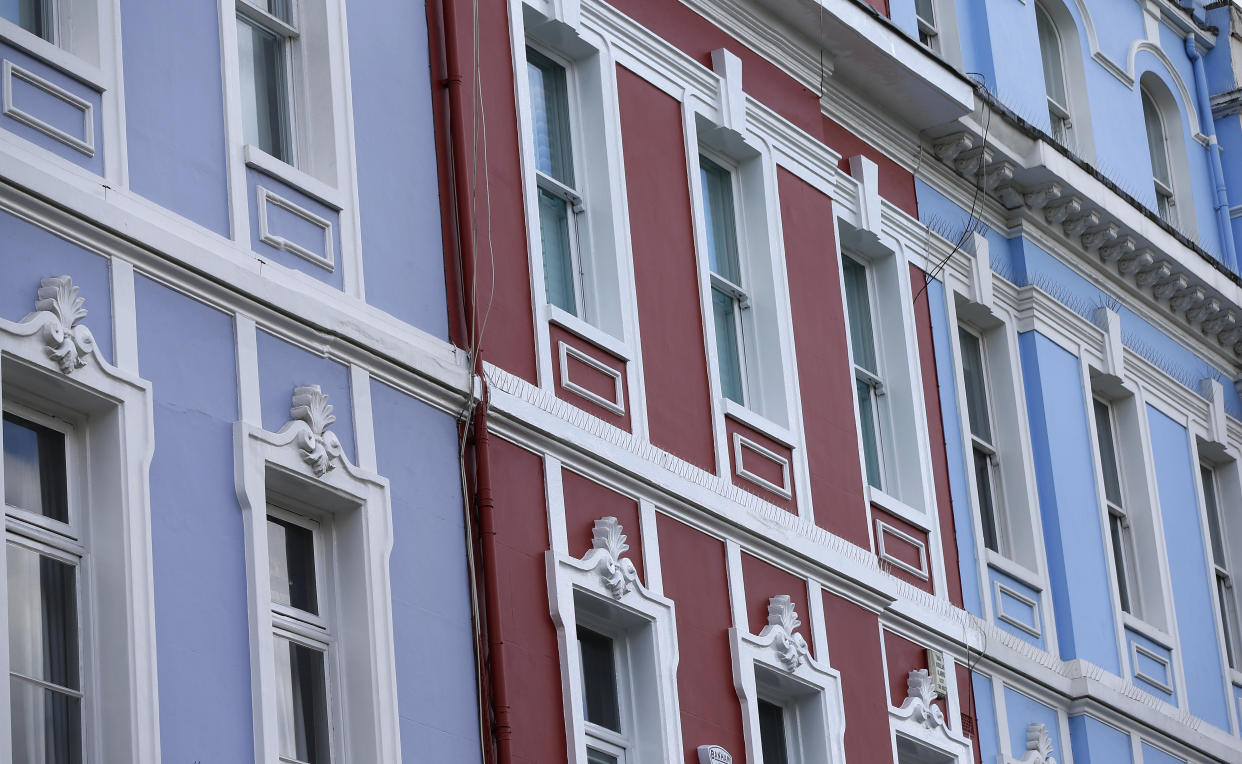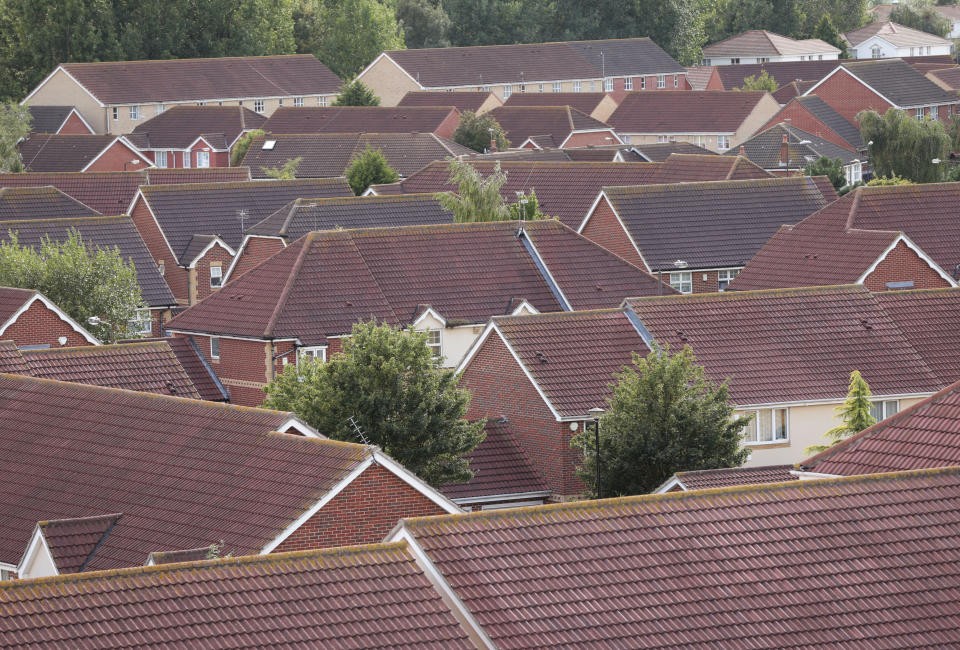Renters pay twice as much on rent as homeowners pay on mortgages

Tenants in England’s private rental sector pay twice as much of their income on rent as homeowners pay on mortgages, official figures reveal.
The government’s latest English Housing Survey reveals private tenants fork out a third (33%) of their earnings to pay their landlords, while the majority have no savings at all.

Homeowners with mortgages pay just 17% of their household incomes on their mortgages, freeing up almost half of their earnings compared to renting privately.
Tenants in London pay an even larger share of their income on rent, with often higher incomes in the capital failing to compensate for the far more expensive property market.
The official figures, based on a survey of the public and published this week, show private rent eating up a striking 42% of London tenants’ incomes, compared to 30% for the rest of the country.
READ MORE: London property market suffers worst year in a decade as Brexit bites
63% of private renters said they had no savings, though a small minority (11%) said they had more than £16,000 saved up.
The survey also suggests homeowners report higher wellbeing on average than both private and social renters.

Just seven in 10 tenants were also satisfied with being in the private rental sector, whereas virtually all (98%) of owner-occupiers were satisfied to own their own homes.
Dan Tomlinson, a policy analyst at the Resolution Foundation, told Yahoo Finance UK: “The 4.5 million private renting households in England have to contend with high costs in return for low levels of security, and increasing levels of overcrowding.
“While we need to do more to support those who want to own their own home, we also need to improve conditions for the millions of people who are likely to remain in private rented accommodation for many years to come.”

The figures suggest many tenants have limited chances of ever owning their own home, and also face an uphill battle accessing social housing given more than a million people were on waiting lists last year.
The English Housing Survey also reveals more than one in 10 people had rented out part or all their home in the past year on Airbnb or other sites.
Private tenants were marginally more likely (13%) and social housing tenants were just as likely (12%) to have sub-let their rented homes on such sites than homeowners (12%).
The significant use of such sites suggests rules on sub-letting rental properties are being widely breached, as many private and social landlords do not allow it.
READ MORE: Employment rate falls as Brexit takes its toll on the economy
An Airbnb spokeswoman told Yahoo Finance UK: "We want to be good partners to cities, which is why we regularly remind hosts to check and follow local rules - including on subsidised housing - and we take action on concerns brought to our attention.
"Home sharing is also an economic lifeline for many families and while the typical listing is rented for less than 4 nights a month, more than half of hosts say they rely on the additional income.
“Travel on Airbnb boosted the UK economy by £4.2bn last year alone and we will continue to be good partners to cities and all levels of government across the UK."

 Yahoo News
Yahoo News 
